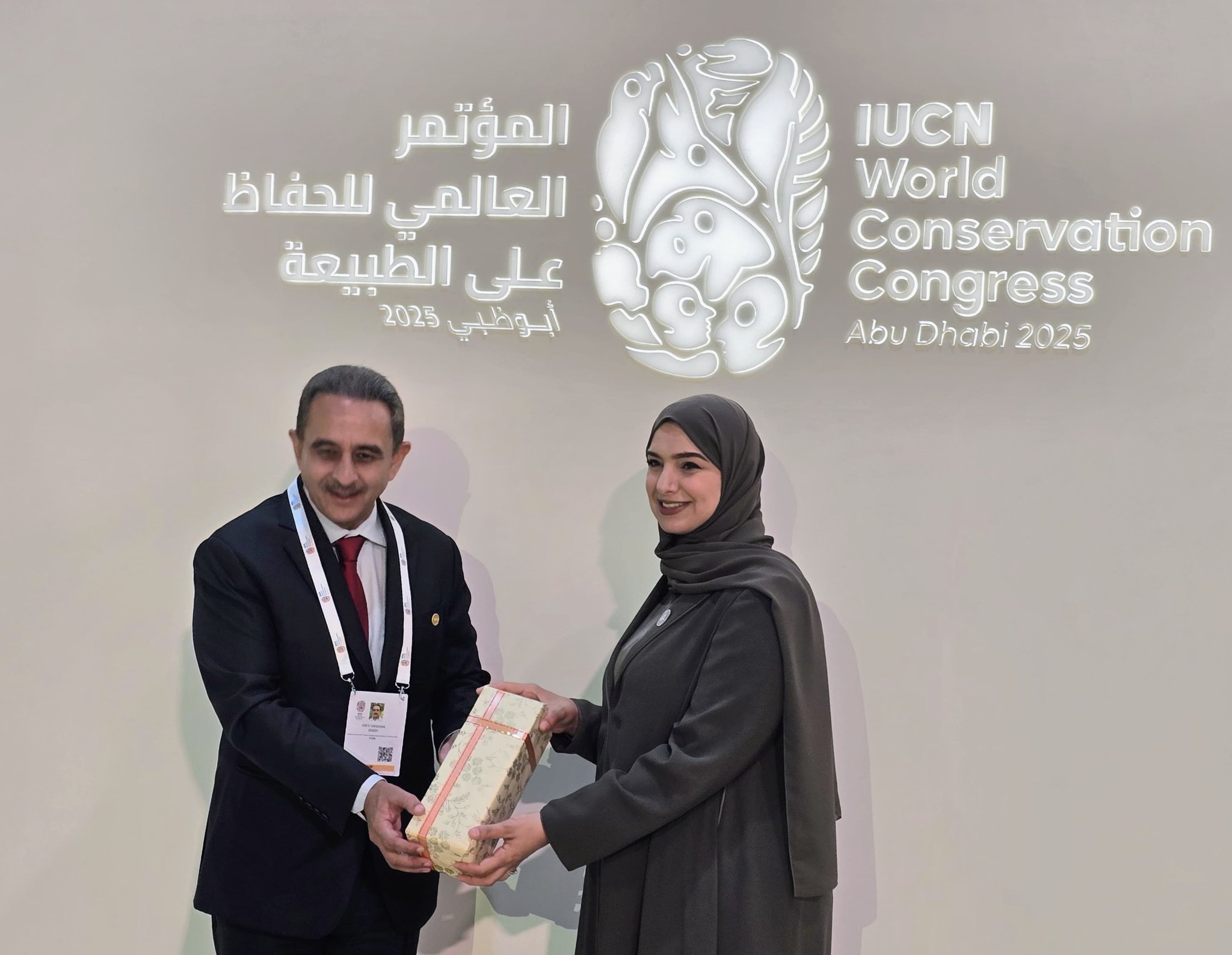Union Minister of State for Environment, Forest and Climate Change Kirti Vardhan Singh led India’s intervention at a high-level roundtable with IUCN President Razan Khalifa Al Mubarak during the IUCN World Conservation Congress in Abu Dhabi. The session focused on nature-based solutions for climate action and the road to COP30 in Belém.
Mr. Singh stressed that science and traditional knowledge must be viewed as complementary, calling for an evidence-based and culturally rooted framework for climate action. He noted that India’s respect for nature is deeply ingrained in its traditions, which promote harmony with the environment and adaptability to local conditions. While modern science defines sustainability and climate change, he said, these principles have long been reflected in India’s way of life.
Highlighting Prime Minister Narendra Modi’s Mission LiFE initiative, Mr. Singh described it as a people-led global movement translating traditional wisdom into climate action. He cited examples such as the Toda tribes of the Nilgiris predicting monsoons through ant nesting patterns and the Jarawa communities of the Andaman Islands forecasting cyclones based on fish behavior. He also referred to Rajasthan’s step wells and traditional water systems as models of sustainable resource use. He said, India is documenting and integrating indigenous practices into formal climate adaptation and biodiversity frameworks, describing the country’s approach as one where science amplifies tradition while tradition integrates with science.
He also met with Dr. Amna bint Abdullah Al Dahak, UAE Minister of Climate Change and Environment, to discuss ways to strengthen India-UAE cooperation in climate action, biodiversity conservation, and sustainable development. Speaking on the sidelines of the Congress, Mr. Singh said that with members across 170 countries and over 1,600 civil society organisations, IUCN can serve as a vital bridge in combining traditional and scientific knowledge to shape national strategies for climate mitigation and adaptation. He added that over 40 environmental groups in India are members of IUCN, working to preserve biodiversity and promote sustainable practices.
















